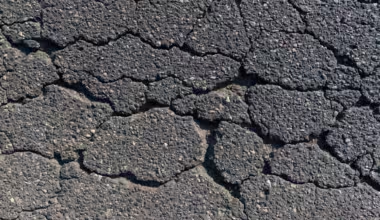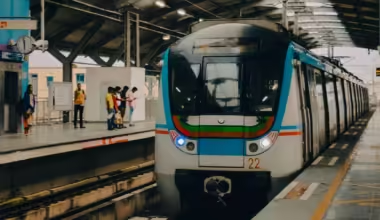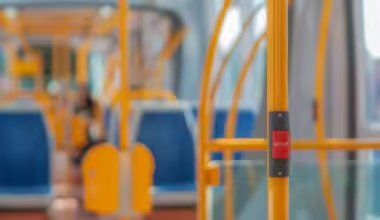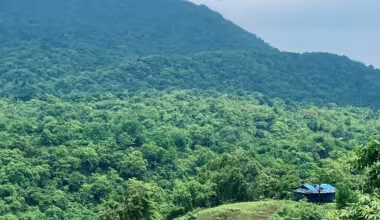Thane Metro is set to revolutionize urban transit in the city by introducing a modern, efficient, and green mass rapid transit system. As the city rapidly expands, the metro project aims to decongest roads, cut travel times, and connect key residential and commercial hubs.
Overview of the Thane Metro Project
The Thane Metro, also known as the Thane Integral Ring Metro, is a 29 km long corridor encompassing 22 stations that create a loop around the city’s western periphery, bordered by the Ulhas River and Sanjay Gandhi National Park. It will include both elevated and underground stretches, with two underground stations near the Thane Railway Station hub. Scheduled to be operational by 2029, the project is managed by Maharashtra Metro Rail Corporation Limited (Maha Metro) with an estimated cost of ₹12,200 crore.

Metro Lines and Stations
-
Total Length: 29 km
-
Number of Stations: 22 (20 elevated, 2 underground)
-
Key Stations: Thane Junction (interchange with railway and bus terminal), Raila Devi (connects with Mumbai Metro Line 4), Balkum Naka (connects with Mumbai Metro Line 5)
-
Other Major Stops: Wagle Circle, Lokmanya Nagar Bus Depot, Manpada, Rabodi, Shivaji Chowk
-
Depot Location: Kasarvadavali
Connectivity and Interchanges
The Thane Metro will provide seamless interchange facilities connecting major transit nodes:
-
Link with Mumbai Metro Line 4 and Line 5
-
Integration with Thane Railway Station and CIDCO Bus Terminal
-
Connecting bus terminals and local transport hubs
This integrative approach will enhance the overall public transport network and facilitate intercity and local commuting.
Expected Impact on Daily Commute
-
Drastically reduced travel time, especially on Ghodbunder Road and other congested corridors
-
Eased traffic congestion and reduced pollution through mass rapid transit alternatives
-
Estimated daily ridership of approximately 6.47 lakh passengers by 2029, expected to grow further
The metro will particularly benefit office-goers, students, and daily commuters by providing reliable, fast, and affordable transit options.
Environmental and Economic Benefits
-
Lower carbon emissions compared to conventional vehicles
-
Boost to local economy by improving accessibility to business and commercial centers
-
Enhanced quality of life for residents by reducing commute stress and travel expenses
Current Status and Timeline
-
Metro Line 4 (Wadala to Kasarvadavali) nearing completion; full operation expected by December 2025, easing immediate congestion
-
Thane Integral Metro Rail Project foundation laid in October 2024; construction well underway with progressive contract tenders
-
Full Thane Metro expected to be operational by 2029
Conclusion
The Thane Metro project is a game-changer for the city’s transportation landscape, poised to enhance connectivity, reduce traffic woes, and promote sustainable urban growth. For residents and commuters, this means faster, greener, and more comfortable travel options that will transform daily life.
Stay updated on the latest progress and prepare to experience a new era of travel convenience with the upcoming Thane Metro.





